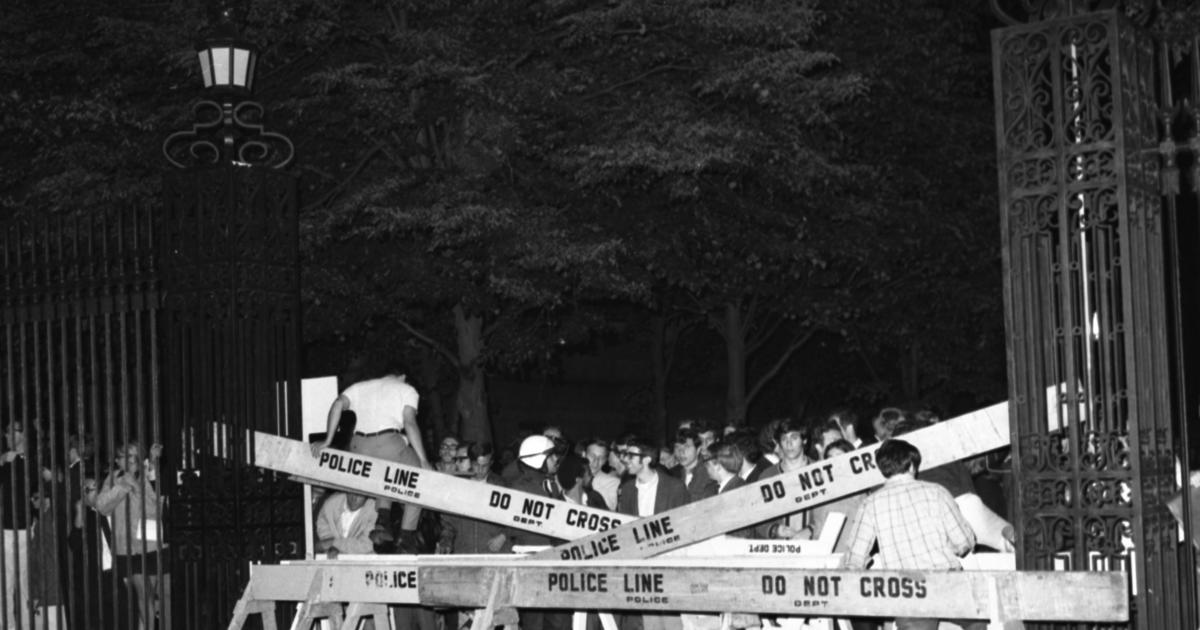UCLA Doctors Have New Approach To Treating Gelastic 'Giggling' Epilepsy
NEW YORK (CBSNewYork) -- There are few things parents love to hear more than the sound of their children laughing.
However, in some cases it can be the sign of a serious medical problem.
As CBS2's Dr. Max Gomez explained, an amazing procedure was used to save the life of a young boy suffering from 'giggling epilepsy.'
Robert Cho said his son Justin has always been a happy child.
So he never gave it much though when Justin would laugh -- at times for no apparent reason.
"Ever since he was an infant he would giggle every now and then and it would be very short-lived, anywhere from 2 to 5 seconds," Cho said.
After Justin suffered a classic epileptic seizure at home, hospital tests revealed that his laugh was the symptom of a serious problem.
"These are episodes out of the blue where a child may laugh, but it's really a seizure," Dr. Aria Fallah said.
Known as gelastic epilepsy, the seizures are caused by a benign mass or lesion deep inside the brain.
In the past, curing it meant open brain surgery which carries high risks and requires a long recovery.
At UCLA, surgeons take another approach.
Here they make a tiny incision in the skull, and using sophisticated GPS-like mapping they insert a tiny laser fiber directly into the problem area.
"And we essentially cook it with thermal energy. So, we're cooking this lesion from the inside out and that cures the epilepsy," Dr. Fallah said.
The fact that it's a minimally invasive procedure meant Justin could get back to his normal activities like playing soccer, almost immediately.
Now, whenever his family hears him laugh, they know he's happy because the epilepsy is gone.
"Nothing, zero, no gelastic seizure, no full-on seizure. It's a miracle," Robert said.
Though these masses or lesions are mostly benign, doctors said they don't respond to medication, so surgery is the only chance at curing them.
Left untreated, this type of epilepsy can lead to serious seizures as well as learning and memory problems, premature puberty, and even early death.
This kind of giggling seizure occurs in about 1 percent of all epilepsy types -- rare, but pretty dramatic when you see it.



